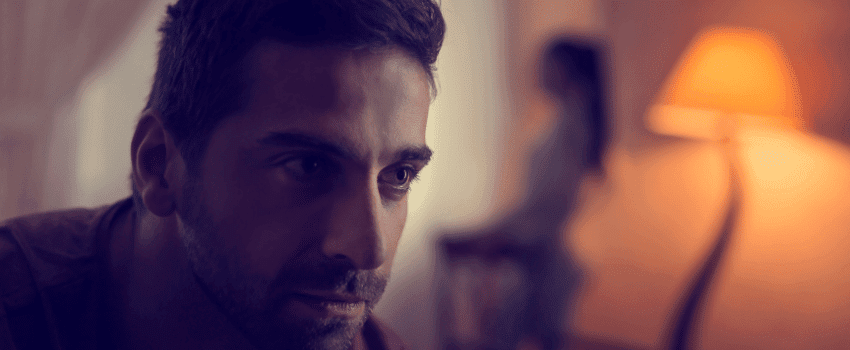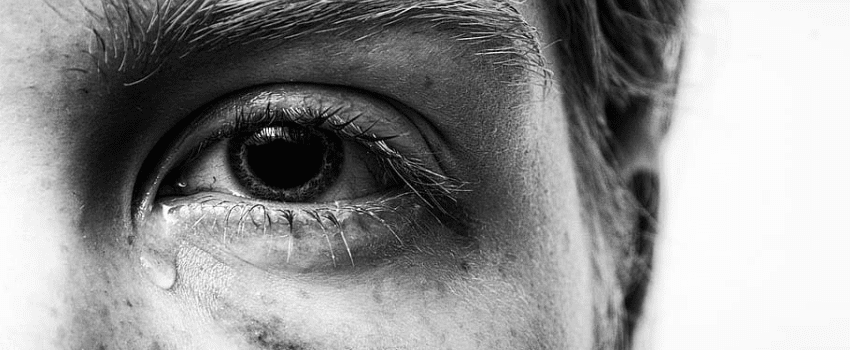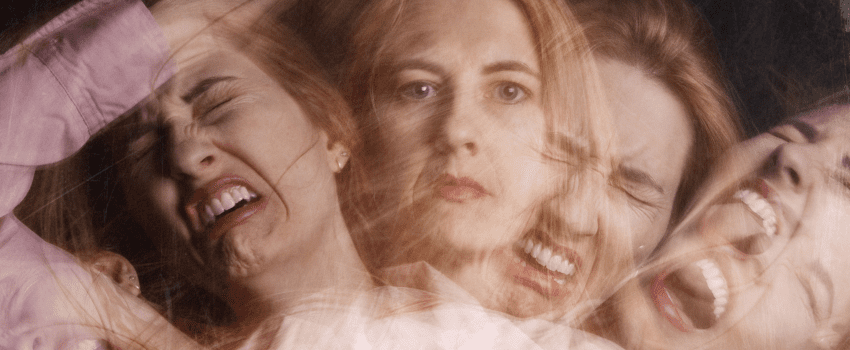Everyday experiences can still count as trauma. Most of us don’t see it that way though. Trauma seems like a weighty word that should be attached to a shocking or life-threatening experience.
Trauma with a big ‘T’ is the stuff that makes the news – major incidents, wars, violence and the like. But trauma can have a big impact, even if it arises from more common, everyday life experiences. Indeed, these little ‘t’ traumas are probably more common and certainly do have a lasting impact on people’s lives.
Maybe your schoolmates repeatedly teased you or single you out when you were a kid. Now you have social anxiety and a fear of rejection.
Perhaps your parents relentlessly pushed you to succeed. Now you’re so paralysed by fear of criticism that you can’t take the risk of asking for a promotion you know you deserve.
Or maybe the distress of your parents’ divorce still affects you. You deeply missed the parent who moved out, leading to a fear of abandonment that seems to wreck your intimate relationships.
You find yourself asking,
“Why do I do that?”,
“Why do I act like this in those situations?”
“Why do my love stories end in the same way?”
The answer seems elusive. Yet there is a part of you that knows. A deep part of you that has access to those memories you’ve buried as part of an irrelevant past.
Those events are still affecting your life, though. Events in your present can trigger the same feelings of distress, fear, and a sense of helplessness and isolation. The more instances you had of the same event, the more you developed that little “t”, now controlling some aspects of your life.
If you’ve grown up surrounded by a lot of unresolved conflict in your home, you may now be someone who avoids conflict at all costs. You find it hard to be assertive yet feel frustrated that people don’t respect your boundaries. I’ve seen this in many clients.
You may ask, how it is possible that such little things of life, undoubtedly unpleasant, had such power on my life today? Well, it’s all about your brain.
How trauma trains your brain
There’s a sensitive region of your brain called the hippocampus. It reacts to the external environment and learns. It helps to store such memories for future use so that you can adapt to what is in the world. That’s all good.
The trouble starts when your brain is exposed to significant stress that creates a sense of fear, distress or helplessness. Those experiences release stress hormones that cause inflammation in your hippocampus and other areas of the brain, such as the amygdala, and prefrontal cortex.
The prefrontal cortex is the rational, logical part of your brain that continues to grow even into your 20s. In contrast, the limbic system is the reactive and emotional part of your brain, closely tied to your fight or flight response – in other words, survival instincts. Your limbic system forms earlier meaning that it trains your prefrontal cortex.
When you experience trauma at a young age, your limbic system ends up processing powerful feelings that your prefrontal cortex can’t really evaluate well. That’s why you can find yourself behaving in ways that seem to make no sense to the rational part of your brain. Confusion between, for instance, reward and punishment, or anxiety about them, can end in controlling the most critical choices in your life.
Resolving the impact of little “t” trauma
As soon as you start doing something about it, you begin the process of resolving traumatic experiences. And although you can try self-help and find some understanding of the processes and reduce the symptoms, the little “t” that unconsciously controls your life may deserve the care and attention you can only receive from a professional therapist.
What next? You may ask.
Sometimes the best course of action is asking advice from those who may have proper knowledge so that you can explore your different solutions to achieve your full potential.
Do you want to know more?
Why not act right now? Book a 15 minute chat with us to start your creative healing process since healing is an art.









